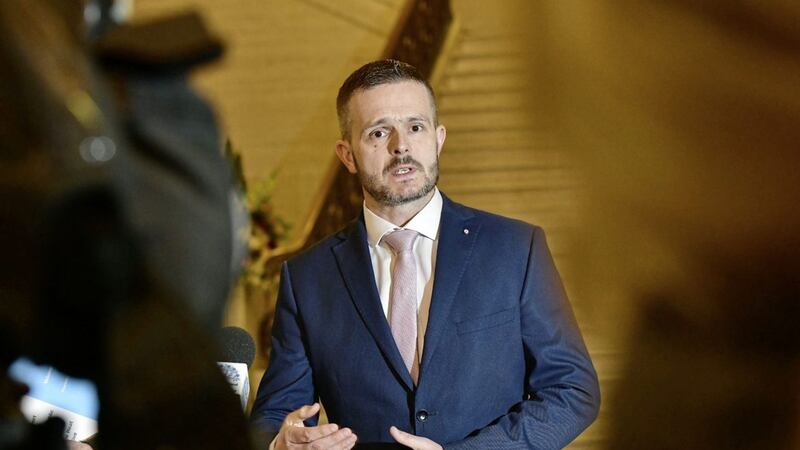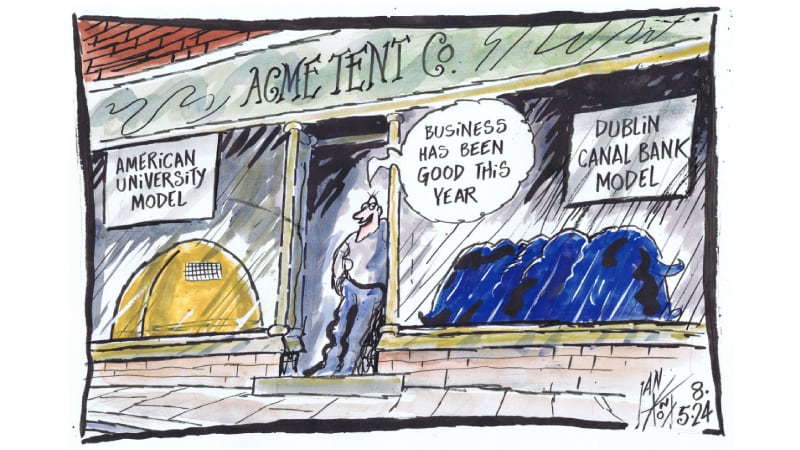THOUSANDS of students will be starting university in September without having taken any AS-levels or A-levels.
Two years of public exams have been wiped out due to a loss of classroom teaching time caused by the health crisis.
P7s, meanwhile, are being told that privately-run grammar entrance exams are going ahead.
It is somewhat bizarre.
Some supporters of academic selection have made it clear there cannot be a break, even for one year.
They are not comfortable with the idea of a de-facto comprehensive group being dumped into a grammar school.
In their eyes, tests have to go ahead, and if they cannot, there must be an alternative that allows selection.
Some schools have devised contingency criteria - should AQE's test still not happen - that would effectively slam the door shut to opportunistic applicants. They will insist children entered the assessment.
Robbie Butler has won praise for coming up with an alternative. This praise mostly concerns his efforts to find a solution, something few others have tried to date.
There are major concerns about his proposals, however.
His practice papers `best scores' idea is flawed due to the inconsistent approach of primary schools. It is also open to abuse.
Some children will take several papers, some one, some none. There will be papers that are duplicated with tutors and others that are sent home to be marked by parents. Some children will take the same paper several times.
The standardised test scores idea will also create problems. To begin, most schools have no P6 and P7 data.
In addition, the data would have been collected to guide teaching and school work because it is low stakes.
There are fears using it for high stakes purposes risks betraying trust between teachers, pupils and parents.
Of course, this doesn't mean grammar schools won't attempt this.


